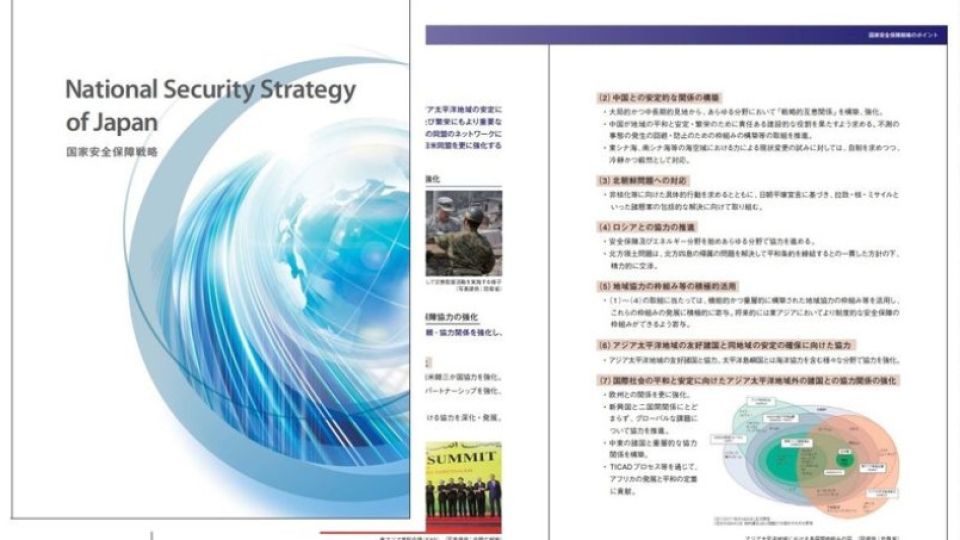March 7, 2022
TOKYO – Japan is considering changing the status of Russia from “partner” to “national security challenge” in its National Security Strategy, which is planned to be revised at the end of this year.
The National Security Strategy was completed in December 2013 and is the basic guideline document for Japan’s foreign and security policy. Designed to be used for a period of about 10 years, it is set to undergo its first revision at the end of 2022.
In response to Russia’s invasion of Ukraine, the central government intends to fundamentally rethink its approach to dealing with Russia, which is expected to be placed in the same category as North Korea and China in the strategy document.
The current document addresses Russia in the section “Strengthening Diplomacy and Security Cooperation with Japan’s Partners.” Specifically, it says that “it is critical for Japan to advance cooperation with Russia in all areas, including security and energy.”
Given the reality that Russia has repeatedly committed acts in violation of international law, the Japanese government has decided that it can no longer regard Russia as a partner in the interests of regional stability.
“The current strategy treats Russia as a friendly country, but we can no longer take such a generous approach,” said a senior official at the Defense Ministry.
The government is now working to revise the strategy so that Russia will be addressed in the section on “national security challenges.”
When the document was completed, Japan was strengthening relations with Russia under then Prime Minister Shinzo Abe in anticipation of China’s rise. Japan and Russia even held 2-plus-2 meetings of their foreign and defense ministers. The current strategy has urged Tokyo to promote cooperation with Moscow in the Russian Far East development and the energy sector.
A change in China’s status may also be on the agenda in the upcoming revision. The current document refers to both China and North Korea as “national security challenges,” and particularly North Korea is described as a “threat” because it has already started developing nuclear weapons and missiles by 2013. In recent years, China has been stepping up military pressure, including the advance of aircraft carriers into the wider Pacific Ocean, the government is considering calling China a “threat” as well.

